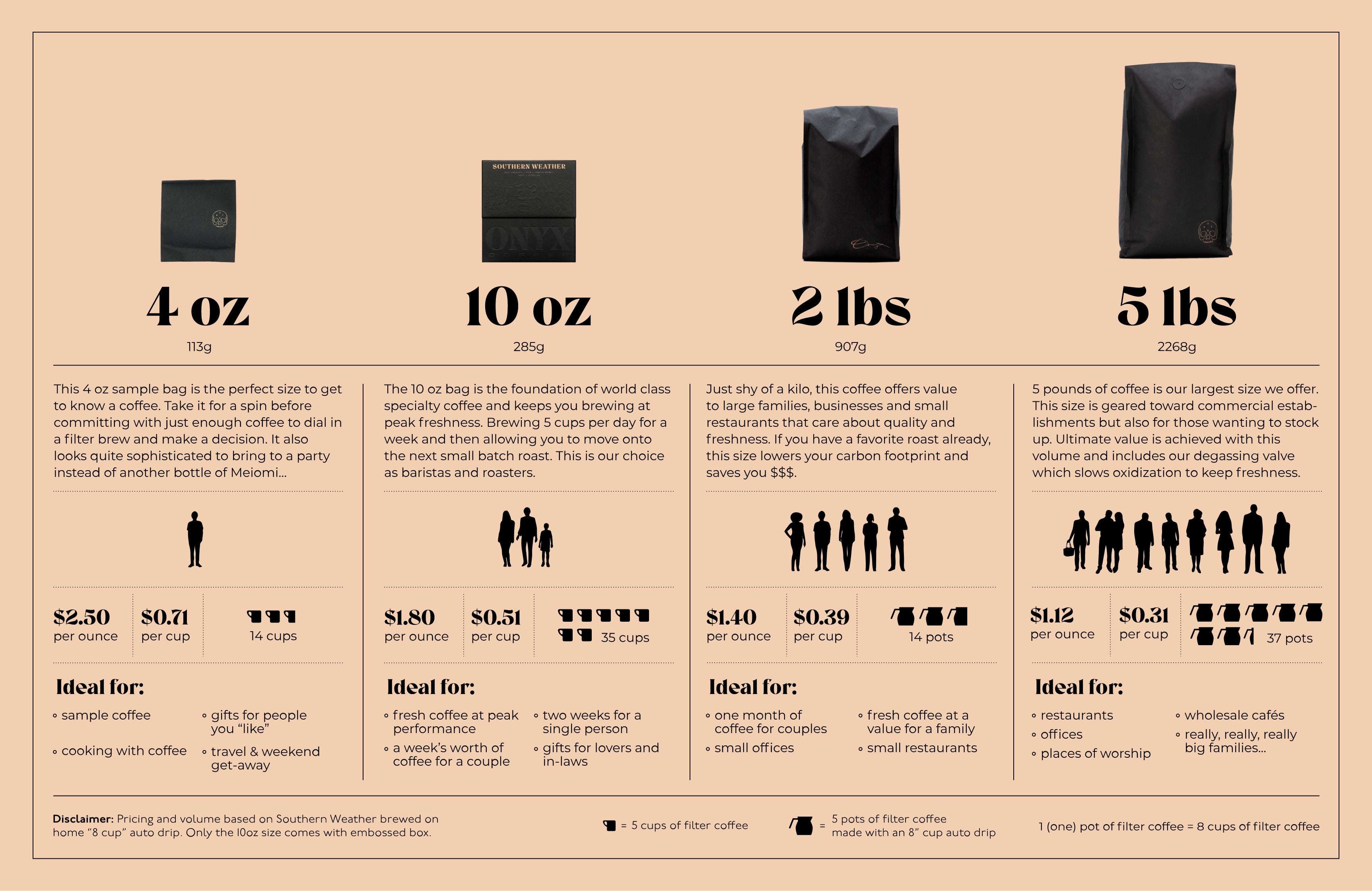Story
Nano Challa is one of the most famous mills in all of Western Ethiopia, producing some of the most dynamic and delicate micro-lots each season. Over the last few years, we have cupped Nano Challa alongside Nano Genji, their brand new sister mill. This season our friend Aleco sent over some early pre-shipment samples our way and this Nano Challa lot stood out among the rest. Each season Aleco travels to Ethiopia and cups large sections of the harvest of Western Ethiopia, where he divides them into microlots like this one. These lots are routinely the first arriving of the season, and we are thankful that they flag the best of the season for us. Here’s what Red Fox has to say about the sister stations:
Agaro Family by Red Fox Coffee Merchants
Historically one of the most coveted coffees in all of Western Ethiopia, Nano Challa membership did such an amazing job with production and processing over the last decade that the tremendous premiums they were receiving caused their membership to swell to a level that pushed their capacity as far as it could go. This year, they opened a new facility called Nano Genji a few miles away with brand new Penagos equipment along with dozens of drying beds to accommodate their growing membership. With 630 members between the two washing stations, they’re looking forward to continued growth and success—and we’re looking forward to even more, even better coffee this year and beyond.
Part of the larger Agaro region in Jimma, these coffees have always formed a core of the Red Fox menu. In fact, our relationship with Agaro extends back far before Red Fox was born. In 2009 when Aleco first traveled to meet the people behind the Nano Challa cooperatives, their coffees were flowing into the marketplace undifferentiated and undervalued. Once USAID’s Technoserve project, which focused on improving African coffee farmers’ lives by helping them get better prices for their coffee, established the Nano Challa washing station, Aleco saw the unique character of their coffee and invested in developing relationships with its producers, which have grown stronger to this day.
Ten years later, due to our longstanding relationship with the leaders of the larger Kata Muduga cooperative union, we’re proud to have the right to the first selection in this region, and the results of that opportunity are clear on the cupping table. Nano Challa brings an intense, lively sweetness like candied ginger and a sparkling, champagne-like finish, a testament to the work put into these coffees during growing, picking, processing, and beyond.
WASHED PROCESSED COFFEES
The washed process begins with coffee cherries delivered to the washing station, both from the primary market or from farmers bringing their coffee directly to the mill. The cherries are inspected, and an initial quick round of hand-sorting separates the defective coffees before placing them into the hopper. They are then funneled to the penagos pulper, which removes the fruit from the seeds. After that phase is done, the coffee is fermented underwater for approximately 24 hours. This phase of fermentation is crucial, as the yeast and microbes are breaking down the sticky mucilage layer found on the outside of the seed following depulp. Once the 24-hour fermentation is complete, the parchment is emptied into the washing channels, where it is agitated with rakes. During this step, the water is refreshed to ensure proper agitation and washing is taking place. Once the washing is complete, the coffee is taken to the raised drying tables for sun drying.



